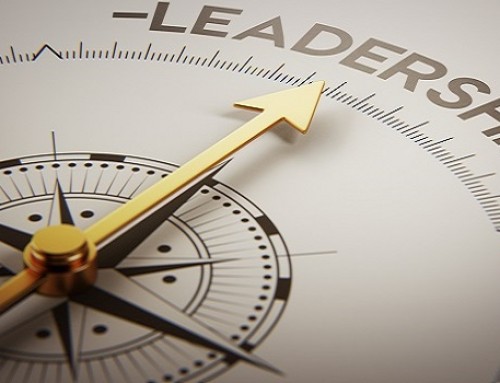Power to Lead
 As we enter a new year, many of you will be taking up new leadership positions. Taking up a new leadership position generally means a new boss, a new team, new peers and a new set of priorities and objectives. It also means that you will need to think differently, behave differently and be comfortable with the new you. You will need to become comfortable with the different expectations that others will have of you and learn how to effectively use this new level of power that your new position affords you. This can be quite a challenge for all of us.
As we enter a new year, many of you will be taking up new leadership positions. Taking up a new leadership position generally means a new boss, a new team, new peers and a new set of priorities and objectives. It also means that you will need to think differently, behave differently and be comfortable with the new you. You will need to become comfortable with the different expectations that others will have of you and learn how to effectively use this new level of power that your new position affords you. This can be quite a challenge for all of us.
I recently came across an article by Prudy Gourgechon, Rising women leaders overcoming 10 Obstacles to Powering Up, that focuses on the challenges that women leaders often face when assuming their first (or a higher) leadership position. In her article, Prudy notes that many female leaders can find it challenging to become comfortable with the power and expectations of their new leadership roles. She also notes that this does not apply to all female leaders and that a number of seasoned female leaders find it much easier to navigate the intense psychological demands that leadership can bring than others do. I believe that the challenges identified in the article are not necessarily gender specific. I think all new leaders face similar challenges and many of us take time to be comfortable with the power and expectations of a leadership role. I do agree that the 10 obstacles mentioned in the article need to be overcome if we are to become truly effective leaders. I also believe there are four very important behaviours and attitudes that new leaders need to consider. These behaviours and attitudes are:
- Recognise the Leader in You: You need to see yourself as the leader. Leaders are expected to lead the way, make decisions, solve problems, set the agenda and be available. You need to get comfortable with this and learn to act, to decide, to set the vision, to set the focus and set the example for all others. Only when you see yourself as the leader, will others start to see the leadership you are providing.
- Be Clear: Leaders need to provide clarity through effective communication. They need to be able to clearly define and describe where it is they are headed, what people want from them and what it is they want from other people. Start to engage early and seek to understand what others want from you and what it is that you want from them. Go beyond the KPIs and start to explore and define the behavioural expectations as well.
- Be Decisive: As a new leader, you can often feel uncomfortable in making decisions. You will often over consult and seek to gain consensus before deciding. You will be concerned about how each individual feels and the potential changes that the decision may lead to. While leaders need to have empathy and seek to bring people on the journey, they also need to recognise that they will need to make decisions based upon the information available at that time. You need to understand and be comfortable with the knowledge that the decisions you make might be challenging for a small number of people but they will be for the greater good.
- Own the Success: Leaders must ensure they regularly acknowledge the efforts and successes of their team and their people. They need to recognise these efforts and successes both publically, where appropriate and privately. They need to be sincere in their praise and ensure it is authentic. Leaders also need to understand the role that they have played in the achievement of this success and own it. Learn to be comfortable in celebrating your own success and that of the team.
Becoming comfortable with the power and responsibility a new leadership position affords can take time and will require a different set of behaviours. To become an effective leader, we need to recognise what behaviours and attitudes we need to change. Leaders do not wield power but use it effectively to engage with and empower those around them. Mary Parker Follett, a pioneer in organisational behaviour theory, believes that ‘Leadership is not defined by the exercise of power but by the capacity to increase the power among those being led.’ John Maxwell, a leadership expert and author, said ‘Leaders become great, not because of their power, but because of their ability to empower others.’ So go ahead, get comfortable with the power and expectations of your new position and behave like the leader you are.
Happy Leading!





